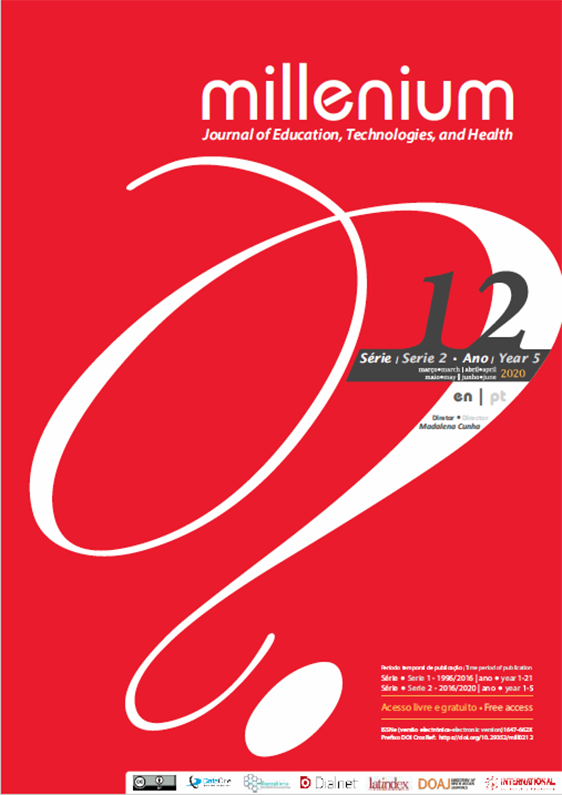Signs and meaning gives religiosity for or idosos family caregiver
DOI:
https://doi.org/10.29352/mill0212.08.00277Keywords:
caregivers, frail elderly, religion, pirituality, health promotionAbstract
Introduction: In Brazil, the plurality of beliefs favors the search for spirituality as an emotional support to daily problems and limitations in the care process.
Objectives: To analyse reports from family caregivers of elderly dependents about the meaning of religiosity in the care provided at home.
Methods: A qualitative study based on symbolic interactionism was developed through semi-structured interviews and free observation with ten family caregivers of the elderly in their homes.
Results: The analysis of the understanding of the signs and meanings of religiosity attributed by the caregiver were expressed in the following themes: Faith to face problems in caring for elderly dependents; Prayer to strengthen care and appeal to patience and Obedience to biblical and religious principles. It is noteworthy that the mechanism of religion promotes welcoming, bonding and social support, influencing habits and lifestyles in the context of caring for the dependent elderly.
Conclusions: The study reveals religiosity and spirituality as support mechanism to face the difficulties of family caregivers.
Downloads
Downloads
Published
How to Cite
Issue
Section
License
Copyright (c) 2020 Millenium - Journal of Education, Technologies, and Health

This work is licensed under a Creative Commons Attribution 4.0 International License.
Authors who submit proposals for this journal agree to the following terms:
a) Articles are published under the Licença Creative Commons (CC BY 4.0), in full open-access, without any cost or fees of any kind to the author or the reader;
b) The authors retain copyright and grant the journal right of first publication, allowing the free sharing of work, provided it is correctly attributed the authorship and initial publication in this journal;
c) The authors are permitted to take on additional contracts separately for non-exclusive distribution of the version of the work published in this journal (eg, post it to an institutional repository or as a book), with an acknowledgment of its initial publication in this journal;
d) Authors are permitted and encouraged to publish and distribute their work online (eg, in institutional repositories or on their website) as it can lead to productive exchanges, as well as increase the impact and citation of published work
Documents required for submission
Article template (Editable format)





